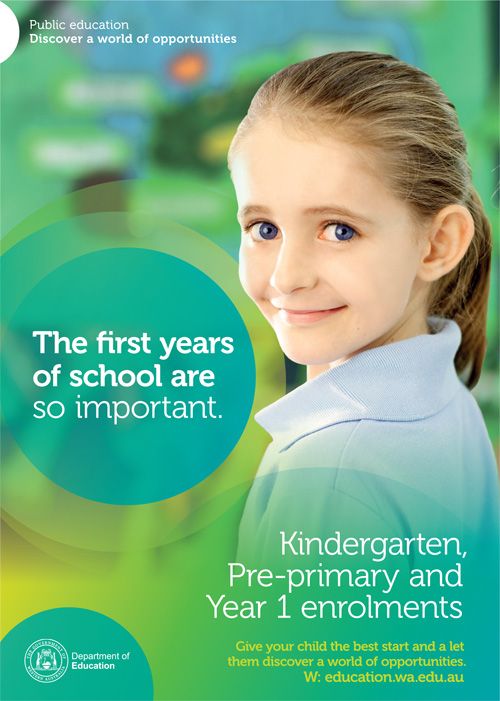

- Home »
- Study Abroad »
- Ireland »
- FAQs »
FAQs on Irish Education
jasleen kaur
- What are the Application procedures for admissions?
The Application Form should be submitted along with ALL supporting documentation. Original documents are required and must be in ENGLISH or accompanied by a notarised translation of same. All documents must be clearly legible. The Visa Officer will need to easily identify what they are and to whom they refer.
-> Application form duly filled.
-> For Undergraduate Programs:
Photocopies of the Mark Sheets and Certificates
10th (Matric) onwards (Attested by Notary)
-> For Postgraduate Programs:
Photocopies of Degree as well as Mark sheet of the entire duration of the course.
-> Experience Certificate required
-> 4-passport size photographs.(45mm X 35mm) white background
-> TOEFL 220(computer based test) 550 (paper based test) or IELTS Composite score of 6.5 with not less than 6.0 in any one component - What are the VISA Application requirements?
In the application students will be asked to supply the following information:
-> Valid passport: Your passport must be valid for at least 6 months after the expected completion of your studies in Ireland. If you hold any previous passport, you should also submit this with your application.
-> Evidence of course admission.
-> Private Medical Insurance
-> Electronic Transfer of Funds
-> A statement of purpose explaining why you wish to study in Ireland
-> A detailed Curriculum Vitae - What are the Funding Requirements?
You must show you have sufficient funds to support your stay in Ireland without recourse to public funds, or the reliance on casual employment.
-> If you are being sponsored by another person or persons, you must list each person and give clear details of their relationship to you. All evidence provided must be clearly identifiable as to whom it relates.
-> Their bank account must show a good credit record for a minimum of six months immediately prior to making your application.
-> As you will be required to have a minimum of €7,000 available to you during the first year of your studies, your sponsor will need to show that this amount is available to support you and that they have enough funds to maintain themselves and other family members.
-> Any deposits of money made during the immediate three months prior to your application must be fully explained, with supporting evidence.
-> You must also demonstrate that you or your sponsor will have ready access to an amount of at least €7,000 for each subsequent year of your studies, in addition to the course fees for each of those years.
-> Bank a/c statements should include – name, full address of branch where account is held, telephone number (landline, not mobile), e-mail and website addresses (where available).
-> The statement should cover a six-month period immediately prior to your application, and show all transactions that have taken place during this time. - What are the housing options available?
-> Self catering accommodation
-> On-campus accommodation
-> Family based accommodation - What are the tuition fees?
Tuition fees vary depending on the institution and the study program. An example of tution fees for undergraduate & postgraduate, non-E.U. students at a third level institution are as follows Course
Average Fees (Euro)*
Medicine and related
€29,000 – €45,000
Engineering
€9,100 – €20,300
Science & Technology
€9,100 – €20,300
Business and related
€9,100 – €16,500
Arts & Humanities
€9,100 – €15,500
- What are the living expenses?
Living expenses will differ depending upon the location of the institution, the type of accommodation preferred and on the personal expenditure of the student. On an average we estimate that a student will spend between €7500 and €12,000 per year depending on location and lifestyle.Expenses Euros Textbooks €650 Accommodation €3000- €5150 Food and Household €2500-€3500 Other Living Expenses:
Travel, Health,Insurance, Social life, Communications Miscellaneous expenses€1500- €2500 (depending on location and lifestyle) - What are the advantages of studying in Ireland?
-> Irish education is of the highest international quality.
-> The quality of the Irish education system is a major contributing factor to the rapid rate of economic growth Ireland has experienced over the last few decades.
-> Irish higher education institutions are widely recognized for excellence in many disciplines.
-> Ireland is a safe country to study in.
-> Ireland is an English speaking country. Some of the great writers in English literature have come from Ireland. These include Jonathan Swift, James Joyce, William Butler Yeats, Oscar Wilde, George Bernard Shaw and Samuel Beckett.
-> Irish people are among the most enriching reasons to study in Ireland. Irish people are renowned for their friendliness and hospitality which greatly contributes to the ease with which overseas students adapt to student life in Ireland. - What are the options for staying in Ireland after studies?
There are many opportunities for international students to work in Ireland both during and after their studies. The opportunities available include part time or holiday work. - Are scholarships available?
A small number of scholarships for overseas students are available from the universities and colleges. These are awarded solely at the discretion of the individual institutions who set down their own criteria for eligibility. Students are advised to contact the institution of their choice directly, to obtain information. - What is the right time to apply for visas?
Apply for your visa well in advance and allow six to eight weeks for your application to be processed if you are applying overseas.
Related Links
Latest News
People Reading Now

CBSE Compartment Result 2023 OUT: Click For Direct Link
August 3, 2023



CSAB 2023: Special Round Registration Begins Today
August 3, 2023





